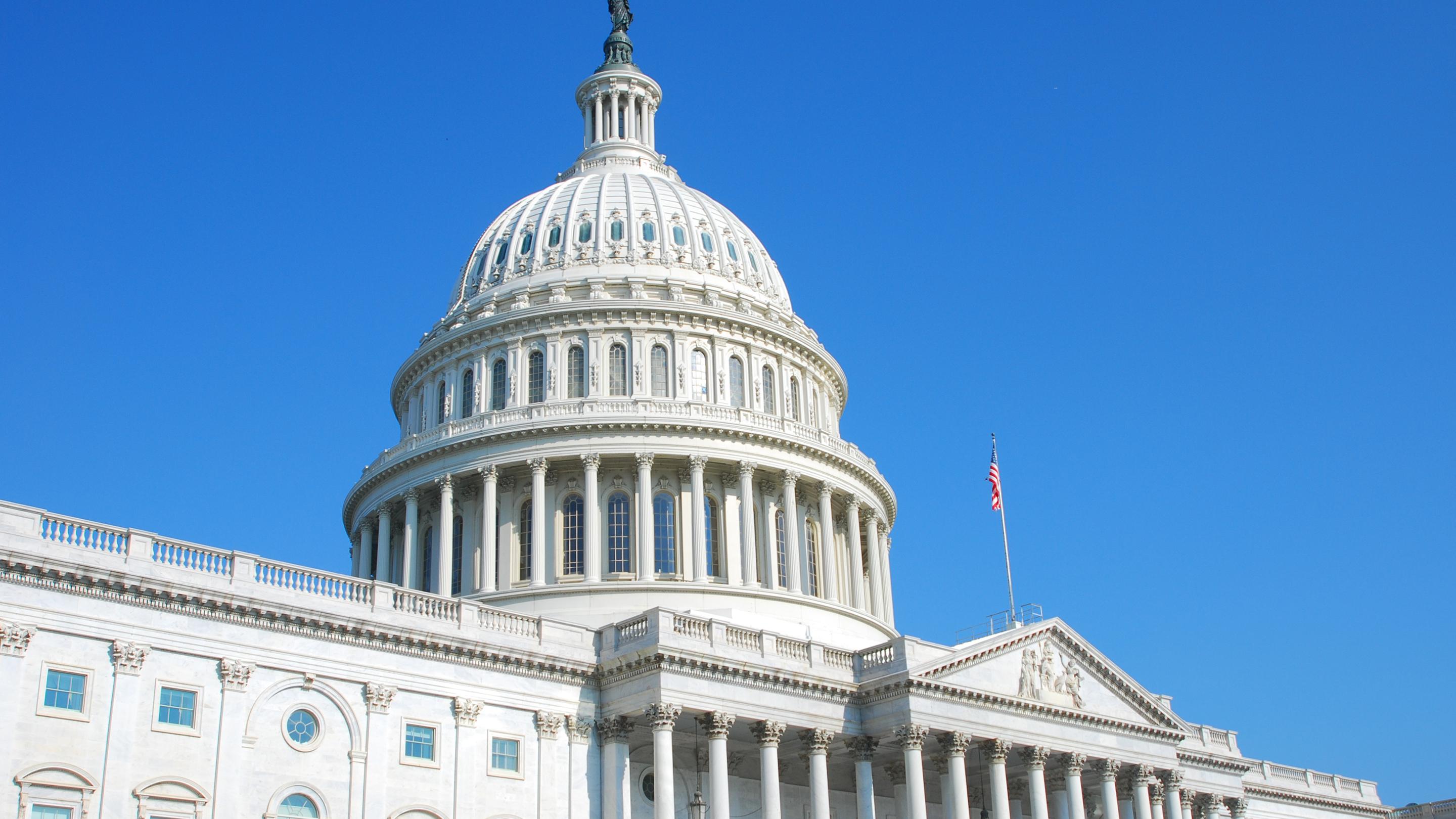Retirement plan sponsors have short list of 2021 year-end amendments
Retirement plan sponsors face a very short list of required amendments to make before year-end, but a few will need to formally adopt plan changes already operationally in effect. This GRIST summarizes the amendments that may be required by year-end for qualified defined benefit and defined contribution plans and Section 403(b) plans.
Final rules on hardship distributions under 401(k) and 403(b) plans
The 2019 Required Amendments (RA) List in Notice 2019-64 set Dec. 31, 2021, as the deadline for sponsors of 401(k) and 403(b) plans to amend their plan documents to comply with the 2019 final regulations on hardship distributions. This deadline applies to both individually designed and preapproved plan documents — and regardless of a plan’s plan year.
The deadline originally applied only to the two required amendments under the final rules. For hardship distributions made on or after Jan. 1, 2020, plans must comply with the following changes:
- Plans may no longer require a suspension of elective deferrals or employee contributions after a hardship distribution under any of the employer’s plans.
- Plans must require employees requesting a hardship distribution to represent that they have insufficient cash or other liquid assets reasonably available to satisfy the need for the distribution.
However, in Rev. Proc. 2020-9, IRS clarified that the 2021 year-end deadline applies to “all plan amendments that relate to a plan’s hardship distribution provisions” that took effect no later than Jan. 1, 2020, even if not required by the final rules. For example, the regulations allow — but don’t require — employers to remove plan provisions requiring participants to take all available loans before a hardship distribution. Employers that made this change (or other optional changes) operationally on or before Jan. 1, 2020, must adopt conforming amendments by Dec. 31, 2021.
Rev. Proc. 2020-9 also extended until Dec. 31, 2021, the deadline for sponsors of preapproved plans to adopt interim amendments reflecting required changes to the hardship rules and any amendments for optional changes that took effect on or before Jan. 1, 2020.
Market rate of return for collectively bargained hybrid/cash balance plans
The 2019 RA List includes the final regulations for cash balance/hybrid defined benefit plans maintained under a collective bargaining agreement ratified on or before Nov. 13, 2015. These plans must be amended by Dec. 31, 2021, as necessary to comply with the market rate-of-return rules and any other portion of the regulations that first applied for the plan year starting on or after the later of:
- Jan. 1, 2017
- The earlier of (i) Jan. 1, 2019, or (ii) the date on which the collective bargaining agreement terminates (disregarding any extension on or after Nov. 13, 2015)
California wildfire relief under governmental plans
The Bipartisan Budget Act of 2018 (Pub. L. No. 115-123) allowed employers to offer the following retirement plan relief to participants affected by certain wildfires in California:
- $100,000 in penalty-free “qualified wildfire distributions”
- The ability to repay unused hardship distributions taken to purchase or build principal residence in the wildfire area
- A higher plan loan cap equal to the lesser of $100,000 or the participant’s full account balance
- A one-year suspension of loan repayments
Governmental employers that offered the relief must adopt conforming amendments by the end of the first plan year beginning after 2020 — Dec. 31, 2021, for calendar-year plans. Nongovernmental employers had to amend their plans by the end of the first plan year beginning after 2018.
Periodic updates not specifically mentioned on RA List
Each RA List automatically includes certain periodic updates, even though these items aren’t specifically referenced on that RA List. Examples of these updates include changes in cost-of-living adjustments, spot segment rates used to determine the 417(e)(3) applicable interest rate and 417(e)(3) applicable mortality tables for the year in which such changes are effective. Most plans incorporate these items by reference, eliminating the need for amendment. But plans that don’t incorporate these items by reference must be amended by Dec. 31, 2021, for updates that took effect in 2019.
Discretionary amendments
Most discretionary amendments to reflect optional plan design changes must be adopted by the end of the plan year in which the change takes effect. Sponsors of calendar-year plans that made discretionary design changes in 2021 generally must adopt conforming amendments by Dec. 31.
However, employers don’t need to amend plans this year for any provisions adopted under the Setting Every Community Up for Retirement Enhancement (SECURE) Act (Division O of Pub. L. No. 116-94), the Bipartisan American Miners (Miners) Act (Division M of Pub. L. No. 116-94), and the Coronavirus Aid, Relief and Economic Recovery Security (CARES) Act (Pub. L. No. 116-136). Amendments for these laws generally aren’t due until the end of the plan year starting in 2022 (unless IRS extends the deadline), even if the changes became operationally effective this year. Governmental employers have an additional two years to adopt amendments for all three laws, and sponsors of collectively bargained plans have an additional two years to do so for the SECURE and Miners acts (but not the CARES Act). These deadlines apply to both required and discretionary amendments.
Related resources
Non-Mercer resources
- Required Amendments List (main webpage) (IRS, Sept. 29, 2021)
- Operational Compliance List (IRS, June 3, 2021)
- Rev. Proc. 2020-9 (IRS, Dec. 12, 2019)
- Notice 2019-64 (IRS, Dec. 4, 2019)
- Final regulations on hardship distributions (Federal Register, Sept. 23, 2019)
- Transitional amendments to satisfy the market rate-of-return rules for hybrid retirement plans (Federal Register, Nov. 16, 2015)
- Additional rules regarding hybrid retirement plans (Federal Register, Sept. 19, 2014)
- Hybrid retirement plans (Federal Register, Oct. 19, 2010)
Mercer Law & Policy resources
- Delving into CARES Act relief for retirement plan participants (June 22, 2020)
Related Solutions
Related insights
-
Artificial intelligence is becoming a permanent feature of the workplace and poses challenges/considerations as it reshapes work. This roundup provides general…
-
House bills target DOL’s ERISA enforcement, litigation activity
House Republicans recently proposed legislation aimed at increasing the transparency of Department of Labor enforcement activity. -
Global Legislative Update, June 2025
The Global Legislative Update for June provides insights about key legal developments around the globe affecting benefit and human resource programs.







